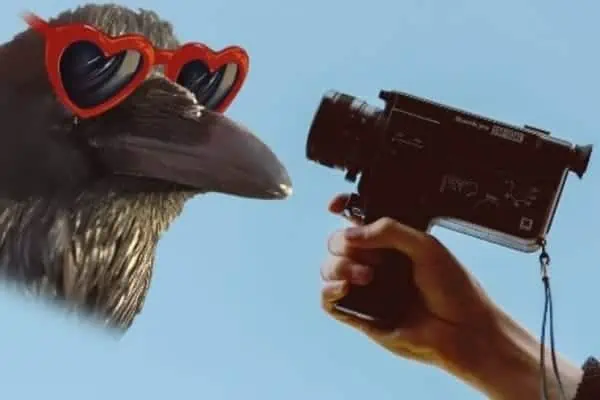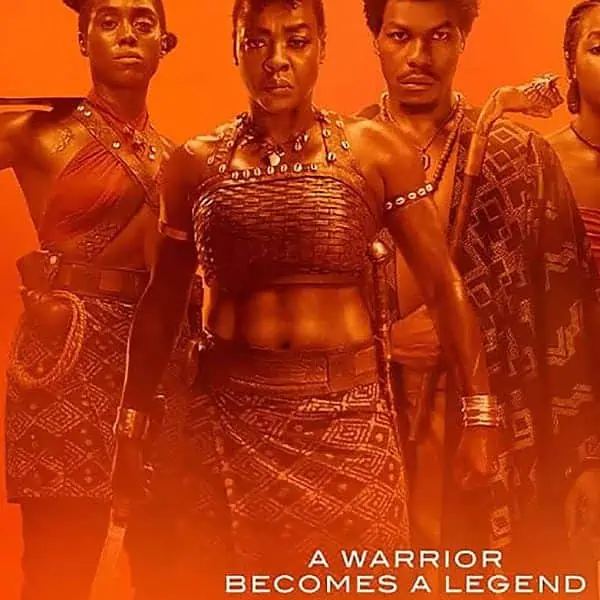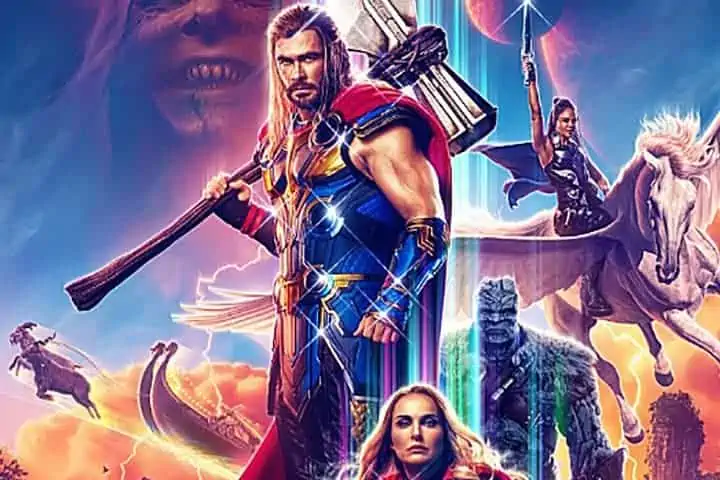I first saw The Big Lebowski at the local theatre in the spring of 1998 with Barrett Mataseje and Chris Fozard. Though I howled my face off, even I couldn’t have predicted the degree to which the Coen brothers’ film would infiltrate the collective consciousness during the subsequent 15 years.
The plot (a phrase that doesn’t do the movie justice) revolves around an aging hippy whose parents named him Jeff Lebowski (Jeff Bridges), but who is exclusively referred to as the Dude.
One night the Dude returns home from bowling practice to discover a couple of thugs in his grungy townhouse; one of them pees on his carpet.
It turns out the hired goons were after another guy named Jeff Lebowski, who happens to be rich.
Acting on the advice of his best friend Walter (John Goodman), a shell-shocked ‘Nam vet, the Dude tracks down the wealthy Lebowski in hopes of receiving compensation for his soiled rug. After all, “it really tied the room together.”
Instead, the Dude is implicated in a kidnapping scheme revolving around Lebowski’s wife, Bunny, and spends the rest of the movie ricocheting from one absurdity to another in greater L.A. But he can’t let a little ransom plot affect his bowling game, after all, his team is trying to roll their way into the semis.
“Fortunately, I’m adhering to a pretty strict, uh, drug regimen to keep my mind, you know, uh, limber,” declares the Dude.
To watch The Big Lebowski is to immerse yourself in a world of ruthless pornographers, Avant garde artists, German nihilists, white Russians, reactionary police chiefs, purple-clad pederasts (the incomparable John Turturro), landlords with a penchant for interpretive dance, junior high car thieves, “thorough” doctors, and militant black cab drivers who love the Eagles.
Every character, no matter how little their screen time, is made memorable by the Coens’ endlessly quotable script. I would wager that in the decade-and-a-half since its release, no film has been quoted more than The Big Lebowski. Everyone has a favourite line.
Mine?
“Three thousand years of beautiful tradition from Moses to Sandy Koufax, you’re Goddamn right I’m living in the past.”
You’ll have to watch the film to get the context.
I’ve watched it at least two dozen times. It’s like having lunch with an old friend. I don’t laugh out loud as much as I used to, but I do sit there with a big, goofy grin on my face, anticipating the next timeless moment — rarely a long wait.
One of the advantages of my multiple viewings is that it frees me to more-or-less ignore the storyline and concentrate on the minutia that gets lost in the first few viewings.
For example, in the most recent screening I paid special attention to Steve Buscemi’s facial expressions. Buscemi plays Donny, Walter and the Dude’s babe-in-the-woods bowling teammate.
He doesn’t talk much because Walter is fond of saying, “Shut the fuck up, Donny,” but he is always there — in the background — looking hilariously bewildered.
The Big Lebowski followed Fargo in the Coen Brothers’ filmography and some critics didn’t immediately warm up to it. Unlike its tightly plotted predecessor, Lebowski was too loose, too scatterbrained, and too exuberant for its own good. But 15 years of film history have rendered a different verdict.
Today, Lebowski-Fests have sprung up all over North America and books such as I’m a Lebowski, You’re a Lebowski: Life, The Big Lebowski, and What Have You have been written, dissecting the Dude’s laidback ethos; not bad for a film that only did $17-million at the US box office upon its release.
But maybe its exponential growth in popularity isn’t as surprising as I make it sound.
After all, the Dude abides.
Peter Jickling is a Whitehorse playwright and the assistant editor of What’s Up Yukon




